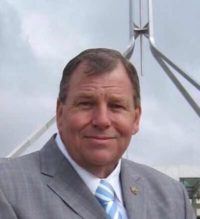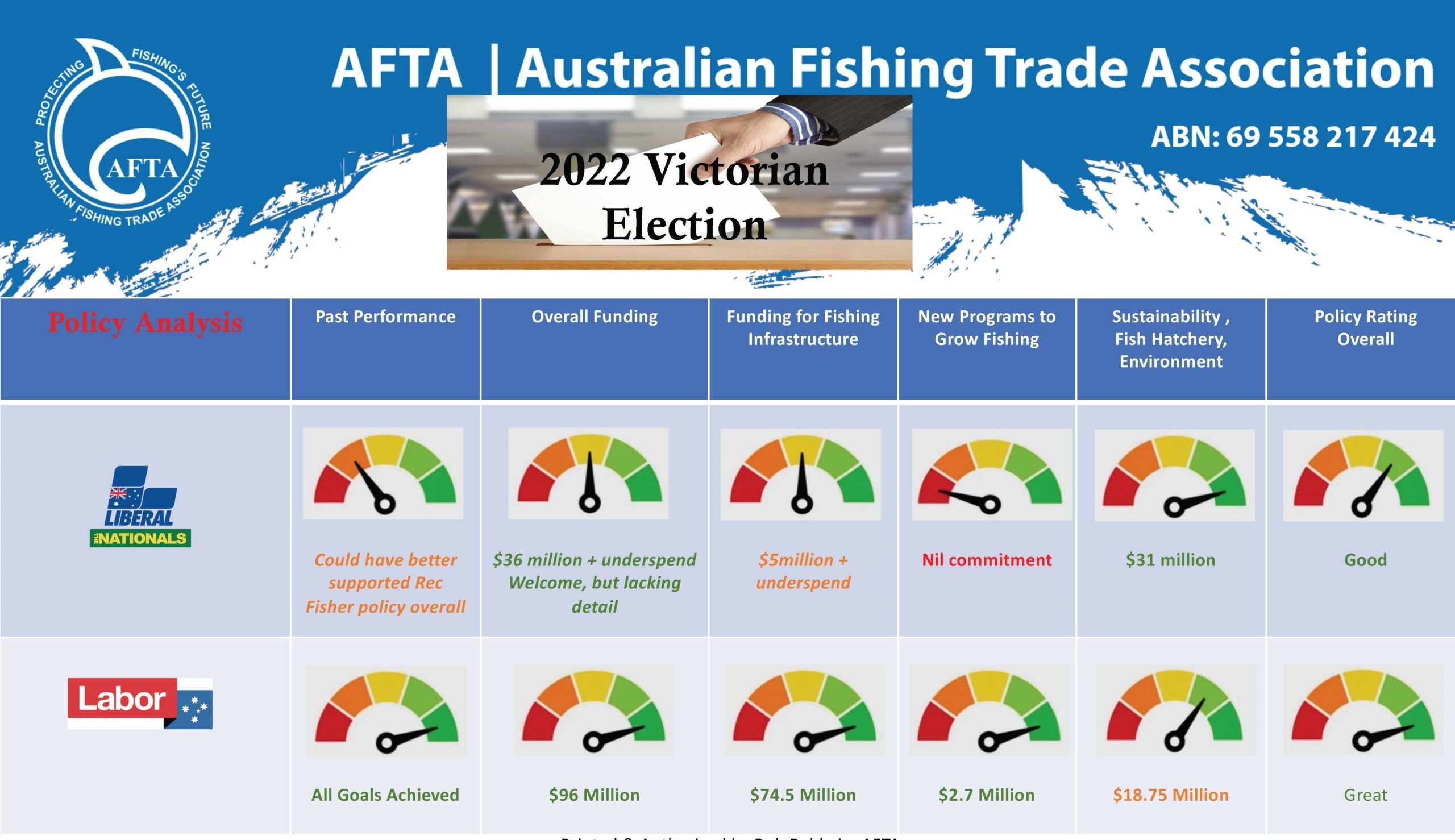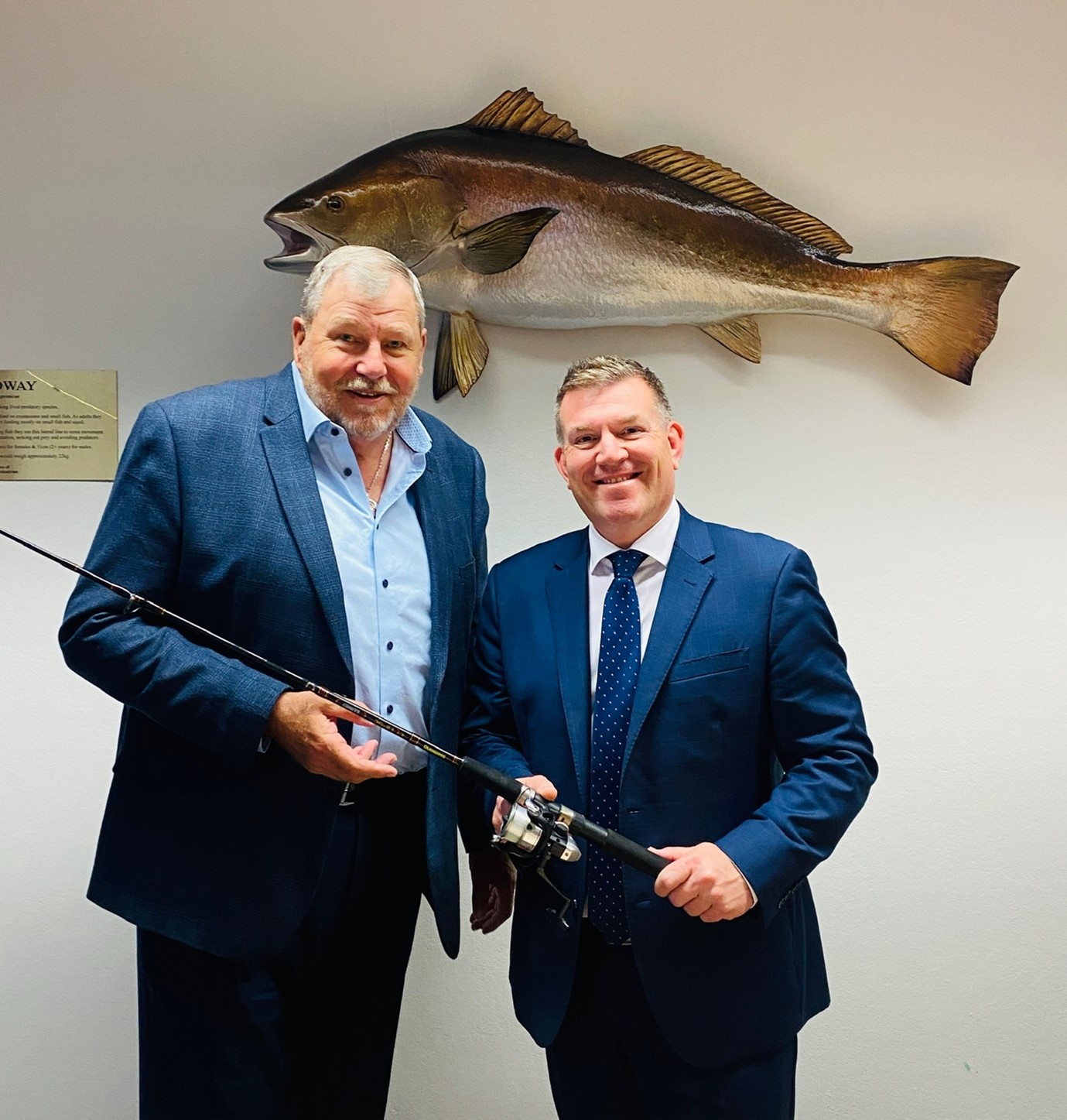
AFTA Chairs Report November 2022
Victoria
As Victoria goes to vote on the 26th of November, it is somewhat a little disappointing that both major parties have only just last week released their respective policies, well after pre-poll voting had commenced.
The policies as submitted to AFTA are available here.
As I analyse these respective recreational fishing policies, I provide a non-partisan opinion on performance and promises and focus on beneficial outcomes for our recreational fishing sector.
Performance:
As I have stated many times, the current ALP Government’s attitude and delivery of growth, access and inclusion in recreational fishing policy have been exemplary; it is the benchmark that every other state should aspire to. That is not to say they couldn’t have tweaked policy to be a bit better, for example, the transfer of management of ALL Boat ramps and facilities to Better Boating Victoria as the Coalition has committed for which AFTA applauds.
With respect to the Coalition, their stance against supporting legislative changes to enable the removal of Commercial Net Fishing in the Gippsland Lakes, and the refusal to support access to the waterfront Crown Reserve leased lands were disappointing. AFTA engaged with the crossbench on both pieces of legislation to ensure that they were passed; perhaps the Coalition needs a reminder that recreational fishers are a part of their constituency as well.
Funding
The ALP has been generous with funding over the past 2 terms with tangible benefits to recreational fishing – improved boat ramps, new and innovative
programs like Women In Recreational Fishing (WIRF), the Target 1 Million campaign, the Golden Tag initiative post-COVID, and commercial buybacks. AFTA congratulates the ALP for these outstanding results.
Whilst both parties have committed to retain the current policies and funding, the ALP has committed an additional $96 million over the next government term, made up of $2.7 million to grow the fishing community, $74.5 million in better fishing and boating infrastructure and $18.75 million for better fish stocking and aquaculture.
AFTA sees the $2.7 million to grow the fishing community as a key component of the future of participation with $1.5 million to fund 60,000 “Little Anglers Kits” for primary-school-aged kids. The kits will include a fishing rod, tackle box and a Kids’ Guide to Fishing – setting families up with the basics they need to go fishing. This combined with $1.2 million for a new “Angling Club Grants Program” to support local fishing clubs to attract new members are great initiatives to address recreational fishing’s future.
The ALP’s commitment to spend $74.5 million on better fishing and boating infrastructure is welcome as without quality access it restricts recreational fishers and the boating community alike in achieving maximum satisfaction from our waterways. Click here for details.
With the current push for sustainability, there is an increasing need for restocking, particularly of the primary species that recreational fishers target. The $18.75 million allocated for better fish stocking and aquaculture are welcomed, but there is a desperate need for new saltwater species hatcheries, be they government or commercially backed.
Against that backdrop, the Coalition has committed to ensuring that 100 percent of marine, boating and fishing licence fees are hypothecated to improve facilities and maintain fishing stocks and river ecology. Their estimate is that there would be more than $40 million of revenue each year to invest in initiatives like better boating facilities, jetties, and piers.
The Coalition has committed to a $5 million Regional Councils Boat Ramp Fund to provide matched grants to regional Councils for local boat ramp maintenance. In addition, the Coalition commits to transfer the management of Western Port Bay and Port Phillip Bay boat ramps and associated land and parking to Better Boating Victoria. We believe this coordinated approach will help mitigate the frustrations currently experienced by those who use these facilities.
The Coalition will commit to $1 million in new research funding to ensure that fish restocking programs are followed up and assessed within 12 months to determine their effectiveness and value for money. Whilst AFTA support effective programs, there is some trepidation regarding the timing of said research, and allowing sufficient time for a program to realise its true potential; the last thing AFTA wants is to jeopardise sustainable programs.
Further, on about sustainability, the Coalition has committed to establishing a $30 million Fish and Platypus Habitat Restoration Fund and to invest in marine, estuarine and freshwater habitat restoration throughout Victoria. AFTA welcomes a fund that purports to improve river, estuary and marine health; however, we would welcome more detail to help determine the value proposition for recreational fishers.
So, in summary:
New Funding:
ALP: $96m
Coalition: $36m plus the underspend from of the $40 million marine, boating and fishing licence fees details of which have not been outlined.
New Programs to grow the fishing community:
ALP: $2.7 million
Coalition: Nil
Fish Hatchery/Restocking:
ALP: 18.75 million
Coalition: $31 million
Fishing Infrastructure:
ALP: $74.5 million
Coalition: $5 million plus the underspend from of the $40 million marine, boating and fishing licence fees details of which have not been outlined.
The view of AFTA, as evidenced above and at https://afta.net.au/victorian-state-election-policy-information/, is the ALP Policy is more comprehensive in detail and attracts a potentially greater financial commitment and benefit to our industry.
In saying that AFTA, congratulates the Coalition for its commitment to centralise the management of boat ramps across Western Port and Port Phillip Bay, and to ensure 100% of ALL the fees collected from marine, boating and fishing licence fees are for recreational fishers across Victoria

Commonwealth
Earlier this month I attended an FRDC/ARFF workshop in Canberra hosted by the FRDC. The Workshop was on “National capacity building program for Indigenous, recreational and commercial fishers”.
The program by Ian Knuckey of Fishwell Consulting received a 4-year grant from the Department of Agriculture, Water and the Environment (DAWE) to run a national capacity-building program for Indigenous, recreational and commercial fishers.
Due to Covid, Dr Matt Koopman took over from Ian Knuckey. Matt has a PhD in fisheries population dynamics and has had various roles in the recreational sector over the last couple of decades, including as the Victorian Chair of the Australian Underwater Federation, Southern Freedivers representative to VRFish, and member of the Victorian Statewide Recreational Fishing Roundtable
The objective of the Grant is to drive more effective engagement in Commonwealth fisheries management processes by Indigenous, recreational and commercial fisheries representatives. The grant will fund activities that support this objective and it will fulfil the 2019 election commitment to ‘invest in building the capacity of recreational, Indigenous and commercial fisheries representatives.’
To achieve this objective, Fishwell Consulting will:
- Develop training activities in consultation with Indigenous, recreational and commercial fisheries representatives.
- Deliver training activities to Indigenous, recreational and commercial fisheries representatives.
The intended outcomes of the program are:
- Participation of Indigenous, recreational and commercial fisheries representatives in targeted capacity-building activities.
- Development of a network of Indigenous, recreational and commercial fisheries representatives to enable the sharing of information and lessons learned from engagement with Commonwealth fisheries management processes.
- More effective engagement of Indigenous, recreational and commercial fisheries representatives with Commonwealth fisheries management processes.
A range of educational materials will be developed to support the capacity building of Indigenous, recreational and commercial fishery stakeholders. Depending on its intended use and audience, this material will consist of both high-level and detailed information on particular aspects of fisheries and capacity building.

Minister Murray Watts’s Fishery Advisor, Mathew Stephenson attended a session of the workshop and fielded a range of questions, one of particular interest was on the National Carp Control Plan.
The National Carp Control Plan, was released in September 2022. We await the actual implementation of the plan to clean up our inland waterways and help native stocks survive and flourish. More details on the plan are available on our website.
South Australia
Snapper
Well after 3 years, the reports have been now been tabled and the outlook not as bright as it should be, see the research findings here.
In summary, the report states:
The current Snapper closure appears to have stopped the declines in biomass, but there is not yet evidence of stock recovery. There is, however, some evidence that the closure has allowed the Snapper to increase their natural schooling behaviour to spawn throughout the warmer months. These undisturbed schools of spawning fish may increase the potential for future spawning success and stock recovery.
- The Spencer Gulf/West Coast and Gulf St Vincent Snapper stocks remain classified as depleted.
- Both stocks are characterised by low biomass and have endured more than a decade of poor recruitment.
- Snapper in the South-East region is part of the Western Victorian Stock and remains classified as sustainable.
The full report is available on the PIRSA website.
3 years ago, AFTA lodged a submission – Option C which largely fell on deaf ears, perhaps the new government should have a closer look at what AFTA offered up as a sustainable solution. We now await the decision.
Let’s Fish SA
The SA Government has recently stated its intent to grow the recreational fishing industry and in particular increase the participation of women & children, a measure AFTA applauds.
AFTA invested a lot of time and money into the South Australian “Let’s Fish SA” Video program to which the SA government supported the production of the videos to the tune of $50k and as per the agreement distribution lies with them.
So far, the government has not used the videos as a source for growing our industry.
AFTA has spoken to the SA recognised Peak Body, Recfish SA who advise Minister Clare Scriven, urging her to use this resource which addresses their policy.
NSW
This month I caught up with both Minister Dugald Saunders MP, Minister for Agriculture and the Shadow Minister, Mick Veitch MLC in Sydney.
On behalf of AFTA I pressed the need to not only maintain the current recreational fishing policies but also to consider the following range of issues as a part of their policy platform for the election in March 2023.
- Establishing the NSW Women in Recreational Fishing program (WIRF). This program originated in Victoria and has now spread to Qld, a very successful program of engagement and inclusion.
- The need for Western Sydney fishing access. This became very evident during the COVID lockdown experience when people of the west were confined to their LGA. For a population about the same as the rest of NSW, increasing the local fishing opportunities for Western Sydney in Dams & Reservoirs will create more opportunities and that mean more tackle sold in that area.
- Jewfish fishery management, proper harvest sharing and reviewing commercial netting practices as well as compliance.
- Action on the Great Lakes – Port Stephens Marine Park, a review that is well overdue.
- The establishment of the next round of Recreational Fishing Havens – just like the last round that were funded by a loan that the RFL paid off.
- Increase the number of hatcheries and a dedicated marine hatchery to help recruitment and stocking of key recreational species. Whilst there is stocking coming out of the research hatcheries it is nowhere near the levels needed to make a real difference and to boost the RFH stocks.
- Improving quality and surety of access in rural and riverine areas. Currently it’s a multi-departmental minefield and by default locks up a lot of areas that should be accessible to our customers. Victoria does this very well with the recent legislative changes allowing access to leasehold waterfront land.
- Qld Spanish Mackerel decision and the potential impacts on NSW with pressure from QLD to close our fishery in line with the QLD DPI.

I thanked Minister Saunders for the ongoing support in the way of a $115k Grant for the Let’s Fish NSW Schools Program. This is arguably the best program in Australia for the direct engagement and education of young people. In the NSW Schools program, this year we have 98 schools running fishing classes funded and supported by the Recreational Fishing Trust and AFTA and delivered by the Marine Teachers Association.
AFTA is currently looking to submit an application for Phase 6.
Western Australia
The much-anticipated decision on the demersal fishing closures by Fisheries Minister Don Punch on the future of recreational fishing in WA will be made this month. AFTA reiterates the point, fish stocks won’t increase whilst you continue to allow the commercial sector to fish during the species spawning whilst shutting out recreational fishers!
We are continuing to press the need for level heads and common sense to prevail.
Tight Lines,
Bob